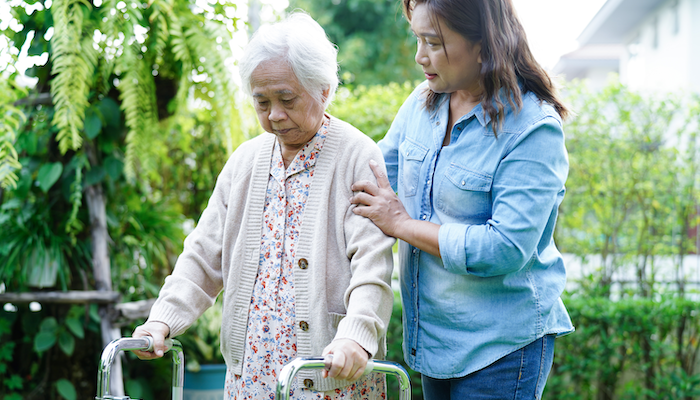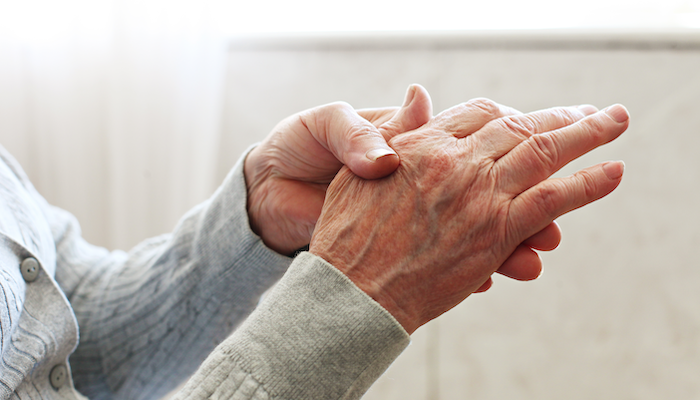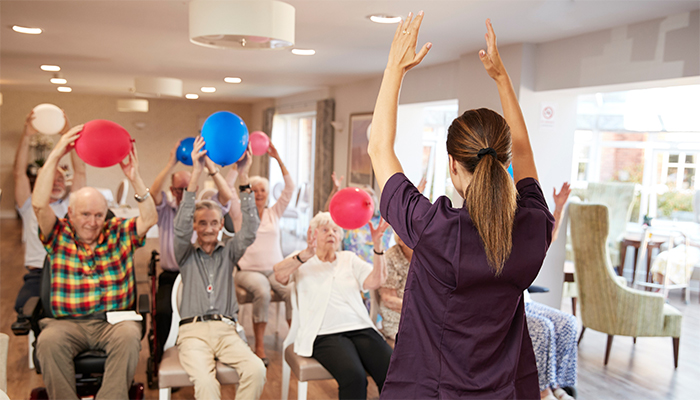
As we age, a cluster of changes together can affect our ability to bounce back in the face of physical challenges. Understanding your loved one’s level of frailty can help you make important health decisions and strategize for better resilience.

As we age, a cluster of changes together can affect our ability to bounce back in the face of physical challenges. Understanding your loved one’s level of frailty can help you make important health decisions and strategize for better resilience.

It may look like your loved one has been admitted to the hospital, but they may be there just for observation. This can profoundly change how much Medicare will pay for the stay and for any needed aftercare.

Consider strategies to emphasize quality over quantity and get rid of the obligatory activities that do not feed your soul.

October is Bone and Joint Health Awareness Month. While disabilities often bring to mind mobility, visual, or hearing impairments, stiff or arthritic hands can be profoundly disabling. Help your loved one maintain their daily independence with these expert hacks and gadgets.

When asked about the positives of caregiving, many people report feeling proud of the ways they have grown as a person. That often involves deep vulnerability as you face new, even scary, demands. Learn tips for managing that vulnerability to your greatest benefit.

When the body is at war with itself, it’s difficult for its cells to carry on their normal, healthy processes. Fortunately, there are things you can do at home, without medications, to reduce the chance of inflammation and support a resolution to back to normal.

September is National Suicide Prevention Month. Suicide among older adults is more common than you think, especially among men over age 75 who are socially isolated and have health challenges. Be sure you know the signs and who to call if you believe that your loved one is contemplating self-harm.

Since their start in the 1980s, assisted living communities have become very popular. But the type of residents living there now is quite different from those of early years. They’re useful if they meet your loved one’s needs, but they may not be what you had in mind.

It may not be obvious, but you can usually find something to be hopeful about. So much is out of your control as a family caregiver. While hope can make caregiving easier, it’s not always easy to find. Check out these thoughts about “realistic hope” to reduce your stress and improve your own sense of well-being.

Suppose you have a car accident. Or you faint. Or get injured. Who will know to get help for your relative if something unanticipated happens to you?
© 2002-2024, Compassionate Community Care. Site created by Elder Pages Online, LLC.